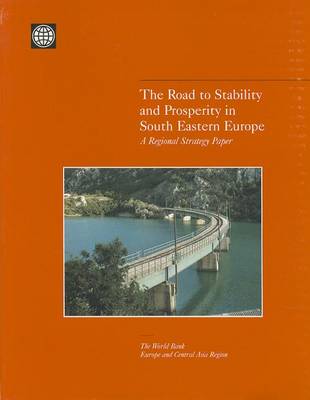'There is no denying that achieving social and political stability and sustainable development will take years for most countries. Nor will progress towards these goals be smooth or automatic. Several factors indicate how difficult this road will be.' The past decade of transition and conflict has left the South East European region with a legacy of inadequate growth and declining living standards. In the past several years, overall growth has declined, increasing the gap between these economies and the rest of Europe. More alarming is that there has been a deterioration in living standards, as evidenced by higher poverty, inequality, and unemployment. The reasons for the poor economic performance are varied. The most destabilizing factor, of course, has been the regional conflicts, which have devastated the area, undermined structural reform policies, and discouraged foreign investment. Much of the economic development, social inclusion, regional stability in South Eastern Europe will depend on strengthening of institutions, governance, and a lowering of the level of corruption. This report, prepared in response to the mandate given to the World Bank and the European Commission under Article 41 of the Stability Pact to coordinate a regional approach to South Eastern Europe, outlines four broad thrusts for action. These actions are intended to support the achievement of the goals of peace, stability, and prosperity. They include moving rapidly towards trade integration with the EU and within the region, fostering social inclusion and social change to reduce tensions, improving institution capacity and governance structures, and investing in regional infrastructure to integrate the region physically within Europe.
- ISBN13 9780821347256
- Publish Date 30 April 2000
- Publish Status Active
- Publish Country US
- Imprint World Bank Publications
- Format Paperback
- Pages 171
- Language English
